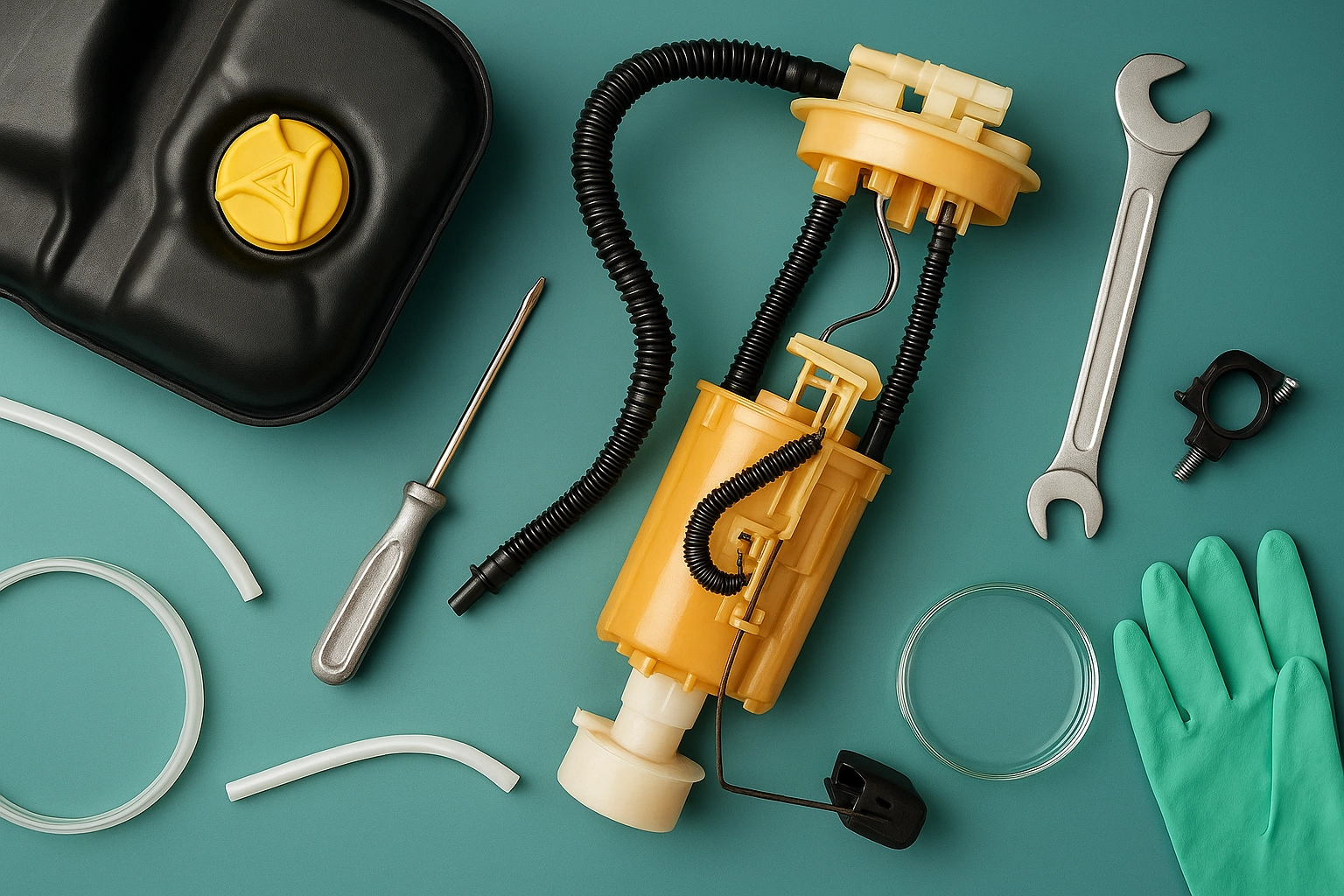ASTM D7729 Fuel System Ethanol Compatibility Test
The ASTM D7729 fuel system ethanol compatibility test is designed to evaluate the performance and durability of automotive fuel systems when exposed to various concentrations of ethanol in gasoline. This critical testing ensures that vehicles can operate efficiently and safely under real-world conditions, where the percentage of ethanol in fuels varies widely depending on regional regulations.
Automotive fuel systems are highly sensitive components that must handle a wide range of fuel types without degradation or failure. The test simulates the environment in which the vehicle will be used, ensuring that all parts—ranging from fuel lines and injectors to tanks—are capable of withstanding the ethanol content present in the fuel supply.
The ASTM D7729 test protocol is meticulously designed to mimic the conditions found in vehicles operating under different environmental and geographical conditions. This includes exposure to various temperatures, humidity levels, and pressures that can affect the integrity of the fuel system components over time. By subjecting these parts to controlled ethanol-rich environments for extended periods, it becomes possible to identify potential weaknesses or failures before they occur on the road.
One key aspect of this testing methodology is the use of standardized fuel blends with varying percentages of ethanol content. These blends are designed to reflect real-world scenarios encountered by consumers and fleet operators across different regions. For instance, areas like Brazil and parts of the United States have high ethanol content in their gasoline supplies due to government mandates aimed at reducing reliance on fossil fuels.
Another important factor is the consideration of long-term effects such as fuel system corrosion, increased wear rates, and reduced performance efficiency caused by prolonged exposure to ethanol. The ASTM D7729 test focuses not only on immediate operational issues but also on predicting potential future problems that could lead to costly repairs or replacements.
In addition to evaluating individual components like fuel lines and injectors, the ASTM D7729 test also examines entire fuel systems integrated into vehicles. This holistic approach allows manufacturers to assess how well various subsystems work together under demanding conditions involving ethanol-rich fuels. Such integration tests help uncover any discrepancies between theoretical design expectations and practical performance outcomes.
By adhering strictly to the ASTM D7729 standard, laboratories can provide reliable data that contribute significantly towards improving vehicle fuel efficiency and safety standards worldwide. The results obtained from these rigorous tests play a crucial role in shaping future product development strategies aimed at enhancing both environmental sustainability and consumer satisfaction.
- Ensures compliance with international fuel ethanol content regulations
- Evaluates the long-term durability of automotive fuel systems
- Promotes safer operation of vehicles in varied geographical locations
- Supports sustainable practices by encouraging reduced fossil fuel usage





